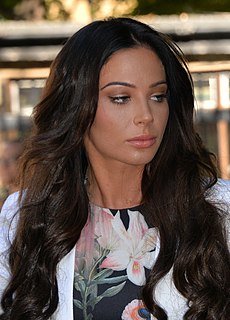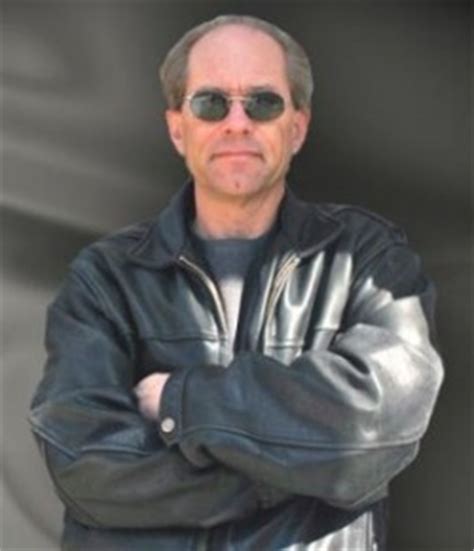A Quote by Arundhati Roy
Imagine what would happen if the government were to take the wealth of 200,000 of India's richest people and redistribute it amongst 2 million of India's poorest? We would hear a lot about socialist appropriation and the death of democracy. Why should taking from the rich be called appropriation and taking from the poor be called development?
Related Quotes
There are many kinds of richness, and the man who is rich because of money is the lowest as far as the categories of richness are concerned. Let me say it in this way: the man of wealth is the poorest rich man. Looked at from the side of the poor, he is the richest poor man. Looked at from the side of a creative artist, of a dancer, of a musician, of a scientist, he is the poorest rich man. And as far as the world of ultimate awakening is concerned he cannot even be called rich.
It is easy to say that there are the rich and the poor, and so something should be done. But in history, there are always the rich and the poor. If the poor were not as poor, we would still call them the poor. I mean, whoever has less can be called the poor. You will always have the 10% that have less and the 10% that have the most.
If the "rich" were swarming into poor neighborhoods and beating the poor until they coughed up the dimes they swallowed for safekeeping, yes, this would be a transfer of income from the poor to the rich. But allowing taxpayers to keep more of their money does not qualify as taking it from the poor - unless you believe that the poor have a moral claim to the money other people earn.
India does not need to become anything else. India must become only India. This is a country that once upon a time was called 'the golden bird'. We have fallen from where we were before. But now we have the chance to rise again. If you see the details of the last five or ten centuries, you will see that India and China have grown at similar paces. Their contributions to global GDP have risen in parallel, and fallen in parallel. Today's era once again belongs to Asia. India and China are both growing rapidly, together. That is why India needs to remain India.




































